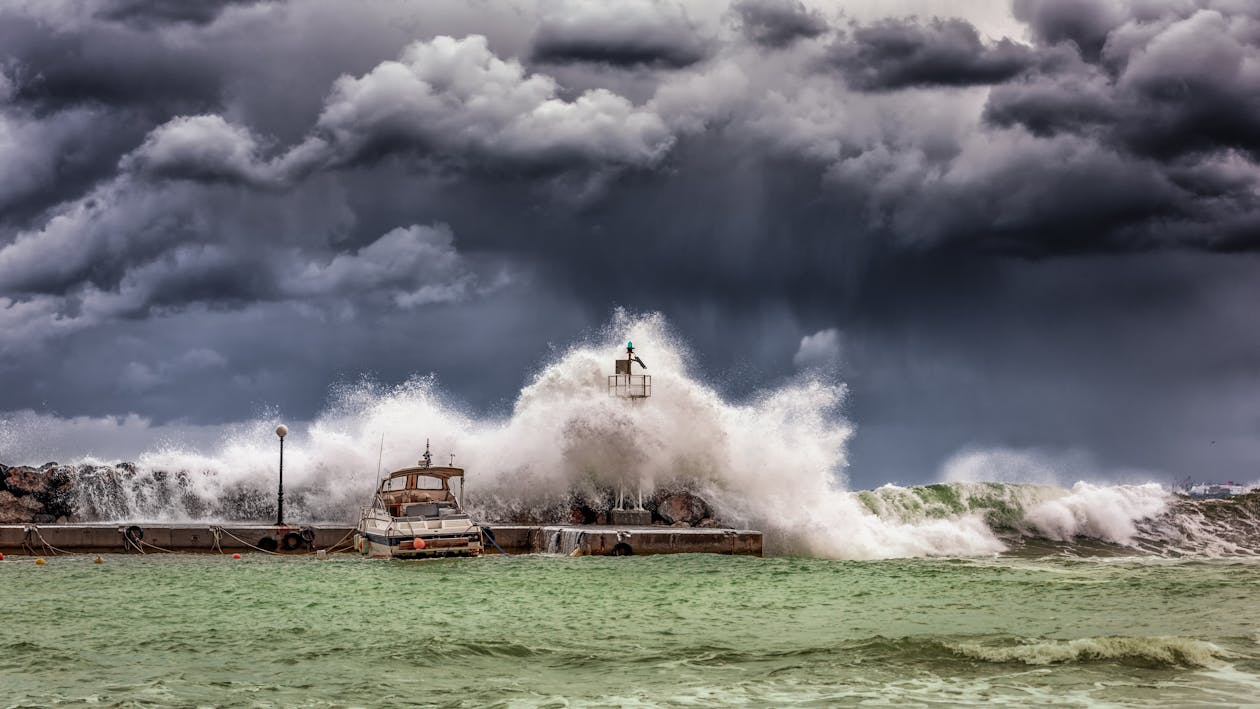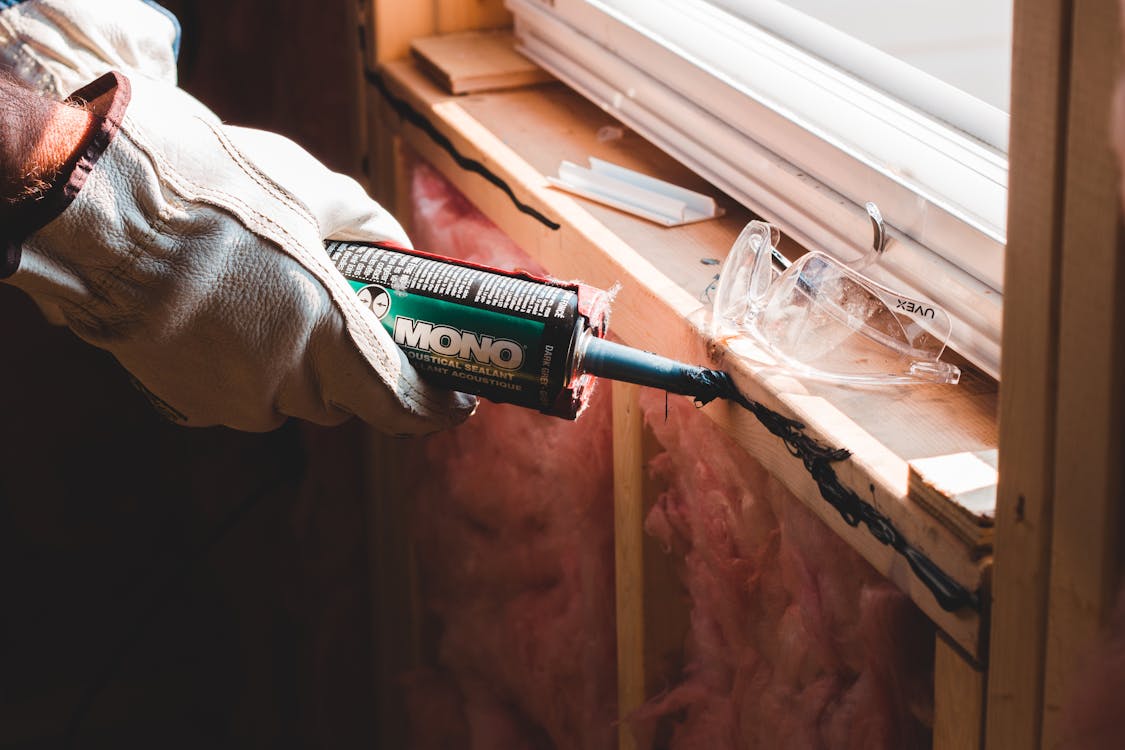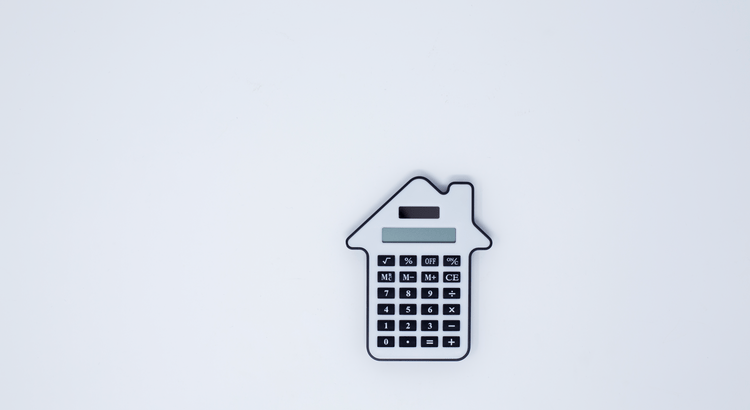How Hurricanes Impact the Real Estate Market
How Hurricanes Impact the Real Estate Market

When it comes to natural disasters, hurricanes rank among the most destructive forces, leaving a profound impact on the real estate market. These powerful storms can affect property values, insurance premiums, and buyer behavior, with consequences that can last for years. Whether you're a homeowner, a prospective buyer, or a real estate professional, understanding how hurricanes shape the market is critical. In this blog, we’ll explore how hurricanes influence the real estate landscape, the importance of hurricane preparedness, and the role of property insurance.
Hurricane Preparedness

Proper hurricane preparedness is one of the best defenses against the storm’s impact on real estate. Well-prepared properties generally sustain less damage and recover more quickly than unprotected ones. This can involve reinforcing structures, installing storm shutters, securing roofs, and ensuring proper drainage systems. Communities that invest in stronger infrastructure, such as elevated roads and seawalls, also tend to withstand hurricanes better, preserving property values.
For homeowners, having an emergency plan is essential. Knowing evacuation routes, stocking emergency supplies, and securing valuable assets not only protect property but can also add value to homes. Increasingly, buyers are seeking properties with built-in hurricane-resistant features or homes located in communities with solid disaster preparedness plans.
How Hurricanes Affect the Real Estate Market

Hurricanes can cause both short-term and long-term disruptions to the real estate market. After a major storm, the market typically sees a slowdown as buyers and sellers pause to assess damage and allow repairs to take place. However, this lull is often followed by a surge in demand for contractors, materials, and repairs, which can drive up construction costs.
Long-term impacts on property values can be more variable. Homes that are severely damaged may see their values drop unless they are rebuilt with improvements to withstand future storms. On the other hand, properties that emerge from a hurricane with minimal damage or that have been fortified may see an increase in value as buyers seek safer homes.
The Role of Property Insurance

In hurricane-prone areas, property insurance is a necessity. Homeowners must navigate higher premiums and deductibles that often accompany living in high-risk zones. After a major storm, insurers may reassess their risk exposure, potentially leading to even higher premiums or the withdrawal of coverage from certain areas, complicating both selling and buying real estate.
For those looking to purchase property in hurricane-prone regions, it’s critical to understand the ins and outs of insurance. Consulting an expert can help ensure that the right type of coverage is in place to protect against hurricane-related losses. Without proper insurance, homeowners may find themselves in financial jeopardy when disaster strikes.
Buyer Behavior and Hurricanes

Hurricanes have reshaped buyer preferences in noticeable ways. Many prospective buyers now prioritize homes with hurricane-resistant features like impact windows, reinforced roofs, and elevated foundations. Proximity to emergency services and reliable evacuation routes has also become a significant factor in purchasing decisions.
Some buyers may even avoid high-risk areas altogether, choosing to invest in properties located in regions that are considered less vulnerable to natural disasters. This shifting demand can have a ripple effect on the real estate market, altering home values and market activity in different areas.
Conclusion
Hurricanes are a major factor in shaping real estate markets in coastal and high-risk areas. From property values to insurance costs and buyer preferences, the effects of these storms are far-reaching. However, with the right precautions and knowledge, it’s possible to mitigate the risks hurricanes pose.
Proper hurricane preparedness, coupled with smart insurance choices, can help protect property and even enhance its value. Meanwhile, understanding market shifts in buyer behavior can allow sellers and buyers to make strategic decisions. While hurricanes present challenges, those who are well-prepared and informed can navigate the stormy waters of the real estate market successfully.
Recent Posts










